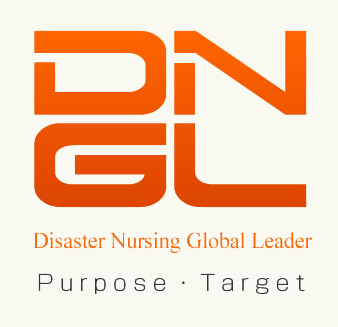

On August 9, 2016 at University of Kochi (Ike campus), Dr. Sakiko Kanbara, Associate Professor of DNGL, presented about the initial preparations done, for instance getting information from local nurses (EpiNurse) center in Nepal, collecting health data along with review of existing information, and visual inspection of the affected areas. The DNGL students and faculty members were participated.
This project was funded by the Japan Science and Technology Agency (JST), in collaboration with Nepalese governmental institutions that initiated support related to Nepal earthquake within the framework of the J-RAPID Program that supports urgent international collaborative research after Nepal earthquake. Partner from Nepal include the Nursing Association Nepal (NAN) and School of Nursing Tribhuvan University, Ministry of Health of Population, and Global Partners include the Ebayanihan, Ateneo de Manila University. This project aims to investigate and report on the prevention of communicable diseases and implement the life environment assessment by local Nepalese nursing workforce and the sharing of collected health information through real time communication with governmental and international relief agencies.
The monitoring of community health status in the affected districts was conducted by EpiNurses who were trained in Kathmandu on the utilization of the toolkit and dispatched in 26 camps in eight affected districts include Kathmandu, Gorkha, Dolakha, Sindhupalchok, Nuwakot, Rasuwa, Bhaktapur and Laltipur. She highlighted that for disaster risk reduction, critical attention should be paid to hygiene control in shelters to maintain minimum health safety level. For that, one of challenges for health responders is data collection to generate reasonable information that can be used in predicting whether something is likely to lead to an outbreak in communicable diseases. In addition, Dr. Kanbara explained that disaster nursing is a crucial element of disaster response, and training nurses to obtain human security information through use of an ordinary technology to provide actionable information that impacting the future practice of disaster response from experiences of daily monitoring. The knowledge and skills of nurses can be used in this communication process toward the reduction of risk factors in a community. The responsibility of the public health nurses is to make the community aware of the environmental health risks and the actions necessary to reduce exposure and potential health problems.
Reported by Hastoro Dwinantoaji

|
HOME > 活動報告 > 【レポート】Debriefing Session of EpiNurse Project “Monitoring for Ensured Communicable Disease Control on Evacuation Site by Local Nurses in Nepal
【レポート】Debriefing Session of EpiNurse Project “Monitoring for Ensured Communicable Disease Control on Evacuation Site by Local Nurses in Nepal |
|
|
このプログラムは、文部科学省「平成24年度博士課程教育リーディングプログラム」に採択されて実施しています。
|
